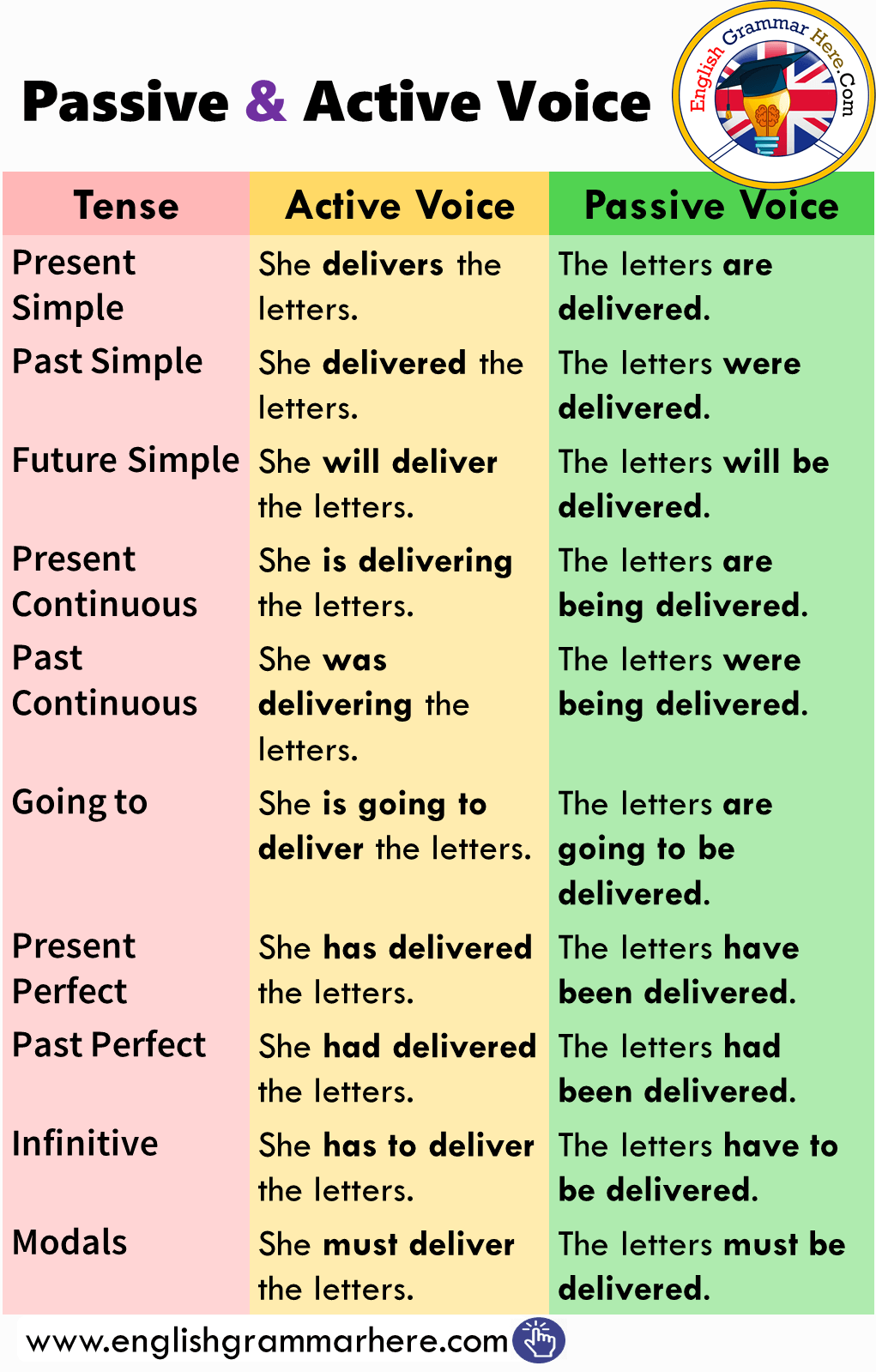Passive voice is a grammatical construction in which the subject of a sentence is the recipient of the action rather than the doer. It is often considered less direct and impactful than active voice, but it still has its uses in certain situations. Understanding passive voice words can help you identify and avoid them in your writing.
Passive voice words can make your writing sound more formal or distant, which may not always be the best choice depending on the context. Being aware of these words can help you write more clearly and effectively.
List of Passive Voice Words:
- is
- am
- are
- was
- were
- been
- being
- has been
- have been
- had been
Passive voice words can also include past participles, such as “written,” “seen,” “heard,” and “done.” These words can indicate that the subject is receiving the action rather than performing it.
Avoiding passive voice in your writing can make your sentences more direct and engaging. Instead of saying “The book was read by me,” you can say “I read the book,” which is more concise and active. Using active voice can also help improve the flow and clarity of your writing.
While passive voice has its place in certain situations, such as when the doer of the action is unknown or when the focus is on the recipient of the action, using it too often can make your writing seem dull and indirect. By being mindful of passive voice words and actively choosing to use active voice, you can enhance the impact of your writing.
In conclusion, understanding and recognizing passive voice words can help you improve the clarity and effectiveness of your writing. By actively choosing to use active voice and avoiding passive constructions, you can make your sentences more engaging and direct. Experiment with different sentence structures and pay attention to the voice you are using to make your writing more dynamic and compelling.
